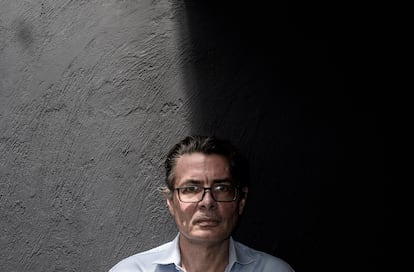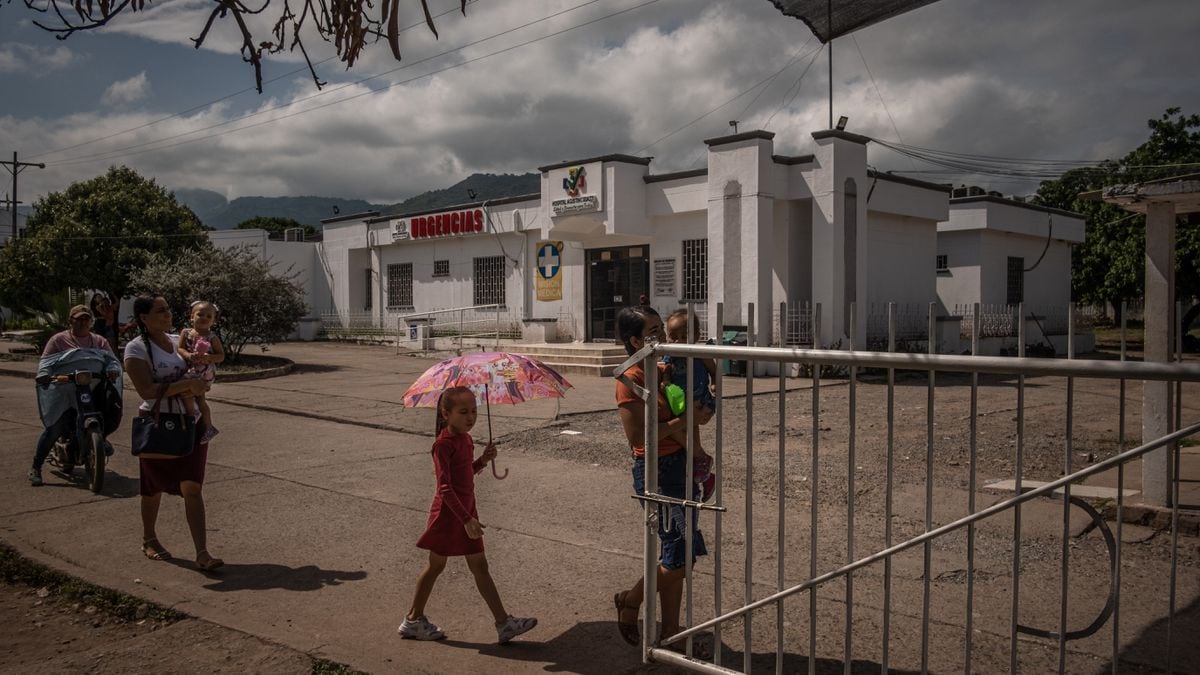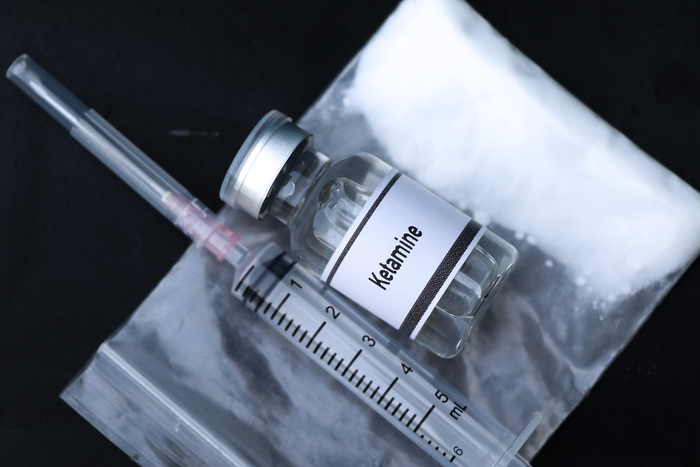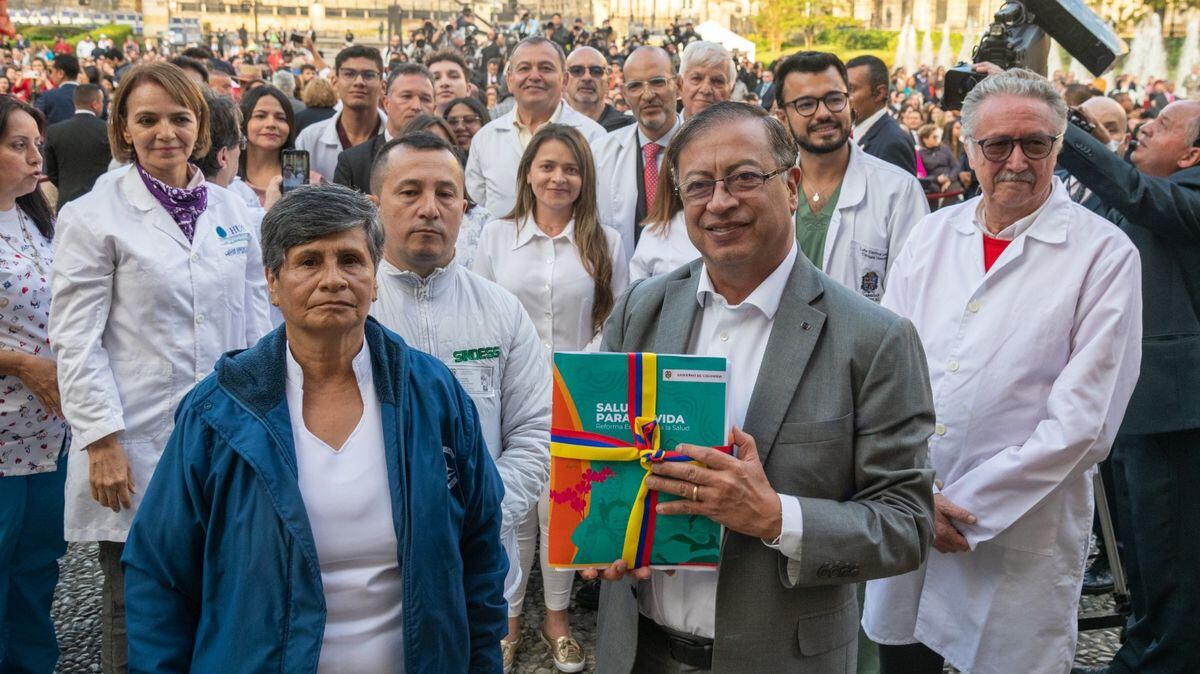When he was still Minister of Health of Colombia, Alejandro Gaviria tattooed the phrase “Your time is limited” on his right forearm at the end of his chemotherapy sessions. Not even in those six years at the helm of the Health portfolio, or as a cancer patient, did he abandon his role as an intellectual, which he has resumed with impetus since then. The current rector of the Universidad de Los Andes, a renowned economist and academic, has just published his book
Another end of the world is possible. How can save Aldous Huxley
, which explores the life of the author of
Brave New
World
(
Brave New World
, in English), takes up his ideas and narrates his own experience of immersion in the "psychedelic revolution" ahead.
Gaviria (Santiago de Chile, 54 years old) became the most liberal face of Juan Manuel Santos' cabinet (2010-2018). As a minister, he gave remembered battles that pitted him against pharmaceutical companies, the Church or the military hawks. His legacy included the defense of the right to a dignified death, the suspension of aerial spraying to eradicate illicit crops with glyphosate, a potentially carcinogenic herbicide, or the regulation of medical marijuana. From progressive sectors and from the center they yearn for a presidential candidacy which, for now, he is resisting.
"If I venture into that
Brave new world,
that unhappy world of politics, this can be distorted and presented in many ways," he tells EL PAÍS about his testimony with LSD.
“In any case, it would be an atypical candidacy, not only in Colombia but in the world.
There is an obligatory question to almost all the presidential candidates that had to do with cannabis, not with psychedelics, about which there is still a stigma and there is much more ignorance ”, he concedes.
More information
The medical cannabis industry flourishes in Colombia
"Chronic pain management [with cannabis] holds great promise"
- How would you define your role in the Colombian public debate?
-In two ways.
First, as a popularizer, as someone trying to connect the world of ideas with a wider audience.
And second, as a defender of liberalism, freedom and human dignity amid the totalitarian tendencies that are growing everywhere.
I believe, like Huxley, that human beings are strange animals, they kill more out of ideological satiety than out of hunger.
His dual status as a cancer patient and Minister of Health is told in another of his books,
Today is always still
.
This bestseller is also an anthology of personal readings, several of thinkers who died of cancer such as Christopher Hitchens, Carl Sagan or Susan Sontag.
With a reflective and pedagogical tone, Gaviria likes to write about people he reads and admires, to expose his own ideas and vision of the world.
“Huxley seems to me to be an interesting, conservative and revolutionary figure at the same time, a spiritual explorer who never stopped learning, a lucid critic of modernity, an extraordinary writer who nevertheless never created memorable characters, a thinker who wanted to bring together art and science, East and West, reason and receptivity ”, he points out. “His essays are hardly read anymore. His latest novel
The Island
has been almost forgotten. I wanted to revive it. Put him to converse with the present. His reflections on public health, drugs, the environmental crisis, technology and progress remain relevant. Or better, a certain urgency. For example, the psychedelic revolution in the making has given a new luster to his reflections on this matter ”.
Huxley had a critical view of modern medicine, of the excessive medicalization of life, he explains. “I believed at the same time that antibiotics, vaccines and anesthetics are the greatest achievements of humanity. He conceived of health in an integral way. He had a tragic vision of human life and health. He insisted that we are despicable machines that fail at any moment. He rejected the prohibition of drugs. He also wrote about the good death, about reflective and conscious death, ”Gaviria details. “I share that vision, humanistic and skeptical. I was, for example, a defender of euthanasia as Minister of Health. Colombia is the first country in Latin America with legal euthanasia. I also share his criticism of medicalization and the pitfalls of technology in today's medicine ”.
Huxley's intellectual life - Gaviria writes - can be divided into two stages: the European, until 1937, and the American, until his death in 1963. During the first he wrote
A Happy World
, his famous pessimistic dystopia, and during the second
La Island
, his optimistic utopia, also a fictionalized compendium of his ideas.
In these novels he goes from seeing drugs as an oppressive instrument to a liberating tool, and Gaviria tells how Huxley's contact with mescaline and LSD during the last decade of his life influences him.
In the end, Gaviria himself recounts his experience with LSD.
“I began to feel the effects gradually, with full consciousness, as if it were a sea of light, as if everything in the world wanted to attract attention.
I understood then, from the beginning, Huxley's insistence on the sacralization of everyday life ”, he writes in
Another end of the world is possible
.
As Minister of Health, Gaviria regulated medicinal cannabis in Colombia.Camilo Rozo
Supported by the evidence, he points out that LSD has recently been rescued, among other things, for its benefits in treating anxiety in terminally ill patients. He argues that psychedelics represent the future of psychiatry for some scientists, with new areas of research including the treatment of depression, opioid addiction, and post-traumatic stress disorder, among others. “In states of the United States, the legalization of psychedelics is beginning to be considered, similar to what happened with cannabis. I believe that this trend will continue to grow, that we will have an evolution very similar to what has happened with cannabis ”, he says. The war on drugs, which has just turned half a century, “has not only caused a lot of unnecessary suffering,it has also deprived humanity of essential knowledge ”.
In a Catholic country, at times prayerful and prudish, Gaviria has become the target of religious dogmatism by publicly debating his atheism. As minister he regulated medical marijuana
, and
as a patient he used cannabis drops to decrease nausea from chemotherapy. Now, while many still want to see him on the card in the 2022 presidential elections, he talks about his psychedelic experience, a political arsenal for his detractors. "It has caught my attention that the attacks have not been so strong, they have not been annihilating," he values. "When I wrote the chapter on my LSD experience, I half-jokingly said to my wife, 'This will be the end for good of any political aspiration.' But there has been little criticism about it. Colombia has probably changed. The urban country is less conservative. More tolerant. In euthanasia and abortion, for example, Colombia is more liberal than almost all Latin American countries. Social change has been very fast. Faster than is usually recognized ”.









/cloudfront-eu-central-1.images.arcpublishing.com/prisa/EDWLLTRHDZHOBBSTLPCSUIBR5U.jpg)